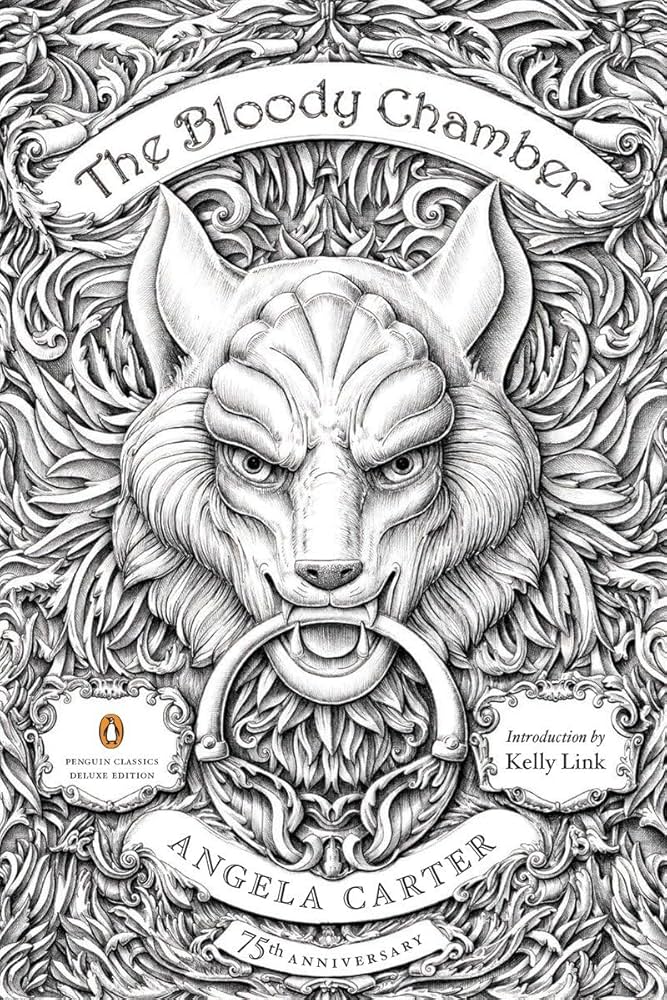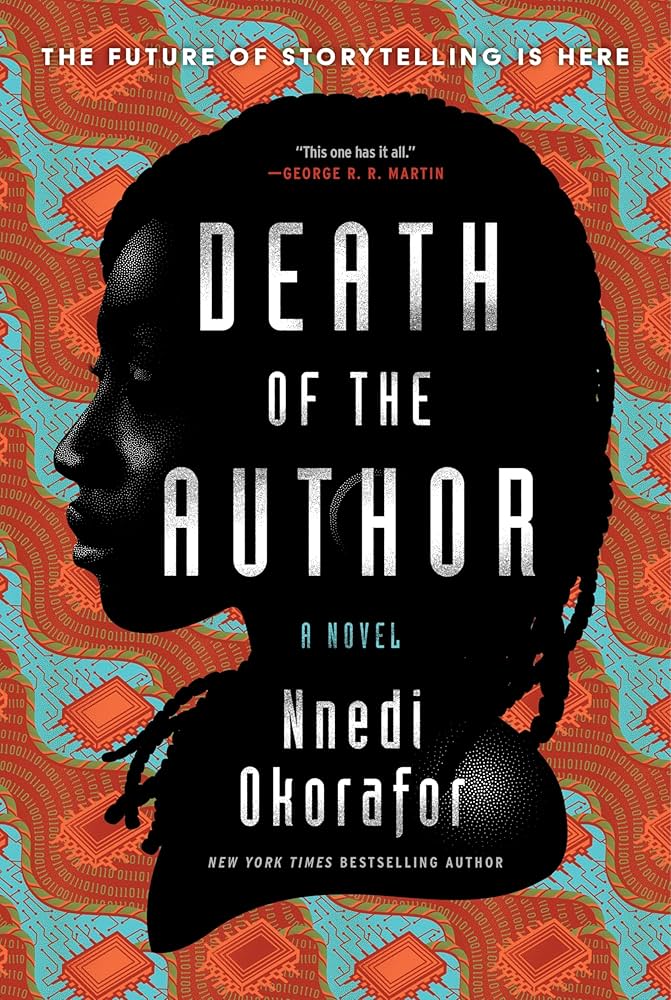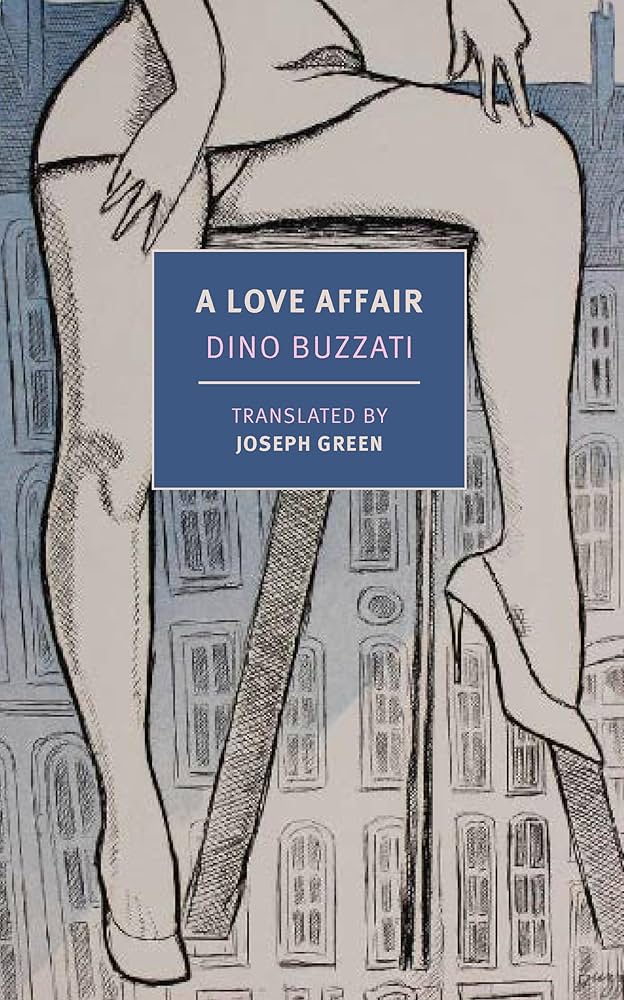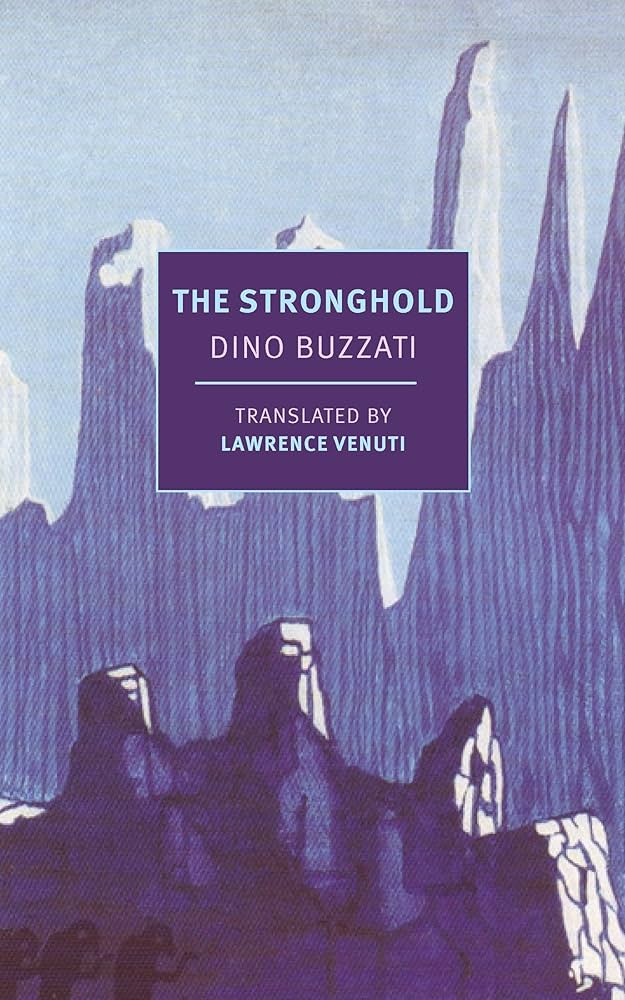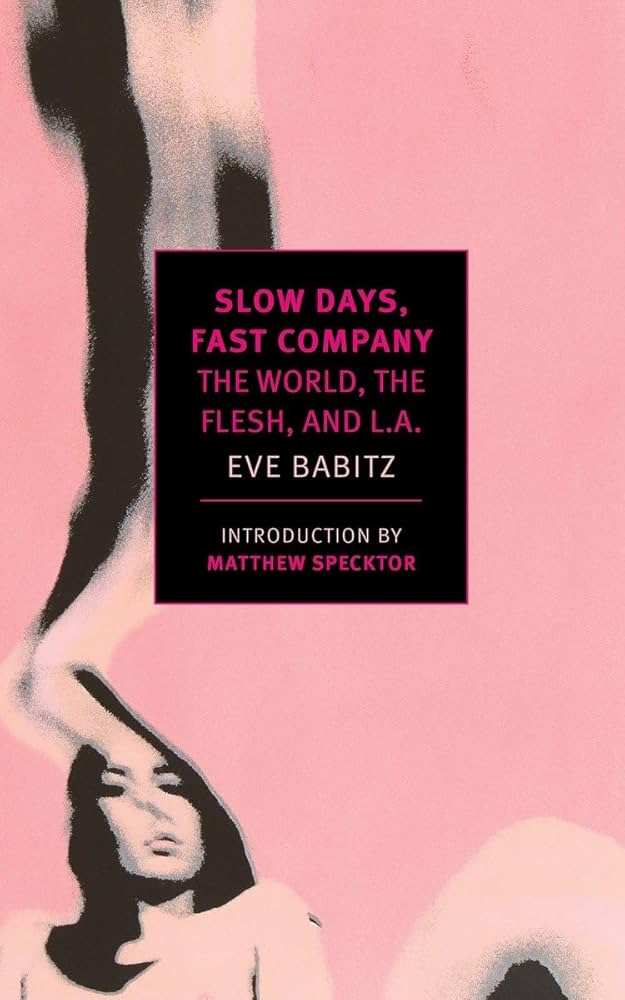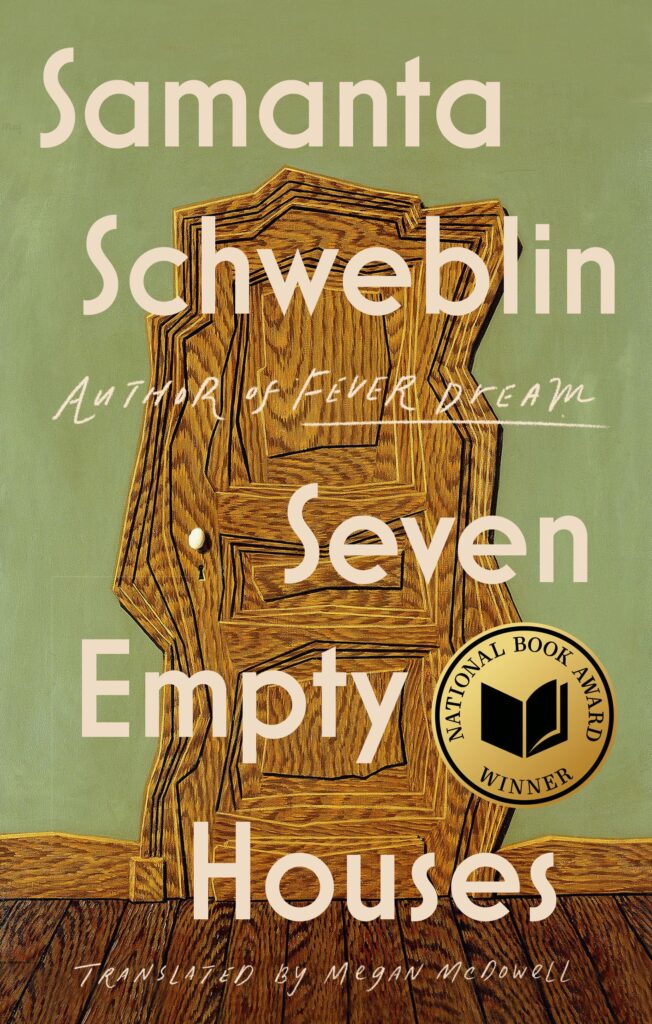I get the feeling that Angela Carter is an author I should have known a long time ago, like I’m one of today’s lucky 10,000. I first heard her name in this post by the excellent Lincoln Michel, and based on his recommendation, I sought out The Bloody Chamber and Other Stories. It’s fantastic.
The first half of this book is the novella The Bloody Chamber, and the rest is nine other stories of varying length. Most are reimaginings of fairy tales (the Grimm’s kind, not the Disney kind).
This piece in The Guardian quotes Carter herself about these stories:
“My intention was not to do ‘versions’ or, as the American edition of the book said, horribly, ‘adult’ fairy tales, but to extract the latent content from the traditional stories and to use it as the beginnings of new stories.” She knew from the start that she was drawn to “Gothic tales, cruel tales, tales of wonder, tales of terror, fabulous narratives that deal directly with the imagery of the unconscious”
That Guardian piece is worth a full read — it gives a lot of context to Carter’s writing, including her affinity for the writing of the Marquis de Sade, which is kind of a lightbulb moment considering what happens in these stories.
In the Lincoln Michel piece he found a BBC interview where Carter is quoted saying: “Okay, I write overblown, purple, self-indulgent prose. So fucking what?”
So fucking what is that it’s incredible. It’s hypnotic, it’s sensual and seductive in the way that writers like Anne Rice aspired at. This is from the story “The Lady of the House of Love”, perhaps my favourite of the collection:
Her voice is filled with distant sonorities, like reverberations in a cave: now you are at the place of annihilation, now you are at the place of annihilation. And she is herself a cave full of echoes, she is a system of repetitions, she is a closed circuit.’ Can a bird sing only the song it knows or can it learn a new song?’ She draws her long, sharp fingernail across the bars of the cage in which her pet lark sings, striking a plangent twang like that of the plucked heartstrings of a woman of metal. Her hair falls down like tears.
…and later:
The walls of her bedroom are hung with black satin, embroi dered with tears of pearl. At the room’s four corners are funer ary urns and bowls which emit slumbrous, pungent fumes of incense. In the centre is an elaborate catafalque, in ebony, surrounded by long candles in enormous silver candlesticks. In a white lace négligé stained a little with blood, the Countess climbs up on her catafalque at dawn each morning and lies down in an open coffin.
Besides being obviously the key influence for Rice’s Vampire novels, these also reminded me of Jonathan Strange and Mr. Norrell or The Night Circus. The floral language is nearly as much a draw as the story itself. Here’s an example, the first paragraph of “The Erl-King”:
The lucidity, the clarity of the light that afternoon was sufficient to itself; perfect transparency must be impenetrable, these vertical bars of a brass-coloured distillation of light coming down from sulphur yellow interstices in a sky hunkered with grey clouds that bulge with more rain. It struck the wood with nicotine stained fingers, the leaves glittered. A cold day of late October, when the withered blackberries dangled like their own dour spooks on the discoloured brambles. There were crisp husks of beechmast and cast acorn cups underfoot in the russet slime of dead bracken where the rains of the equinox had so soaked the earth that the cold oozed up through the soles of the shoes, lanci nating cold of the approach of winter that grips hold of your belly and squeezes it tight. Now the stark elders have an anorexic look; there is not much in the autumn wood to make you smile but it is not yet, not quite yet, the saddest time of the year. Only, there is a haunting sense of the imminent cessation of being; the year, in turning, turns in on itself. Introspective weather, a sickroom hush.
It’s a short book (sub-200 pages), but it’s a slow, careful, hypnotic read, and it requires the reader to be patient and calm. I can’t believe I’ve never read Angela Carter before. I can’t wait to read more.

